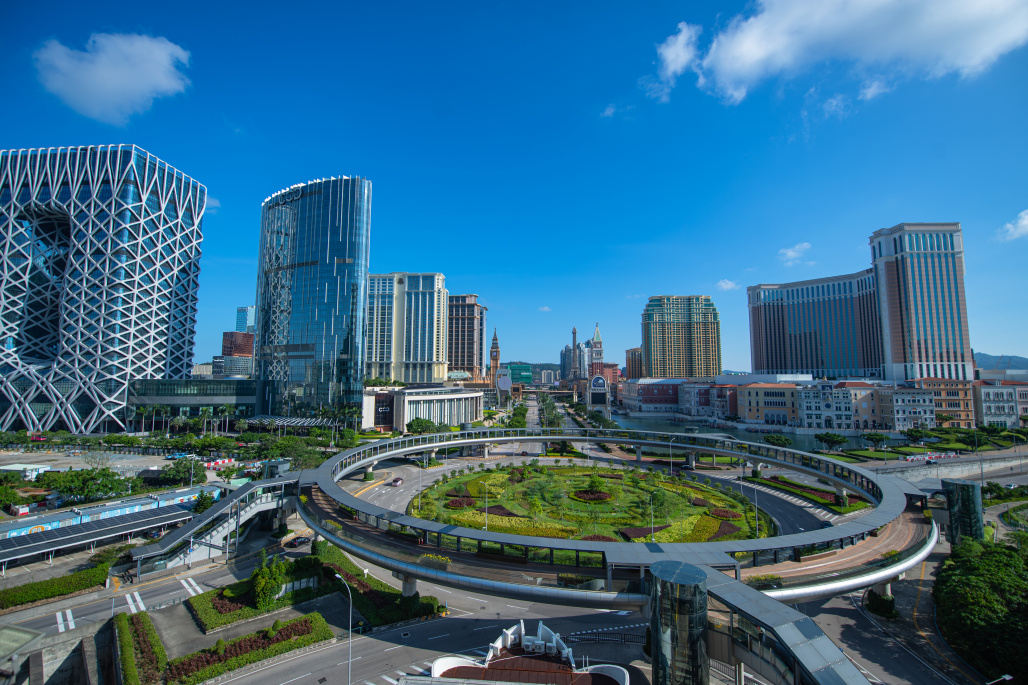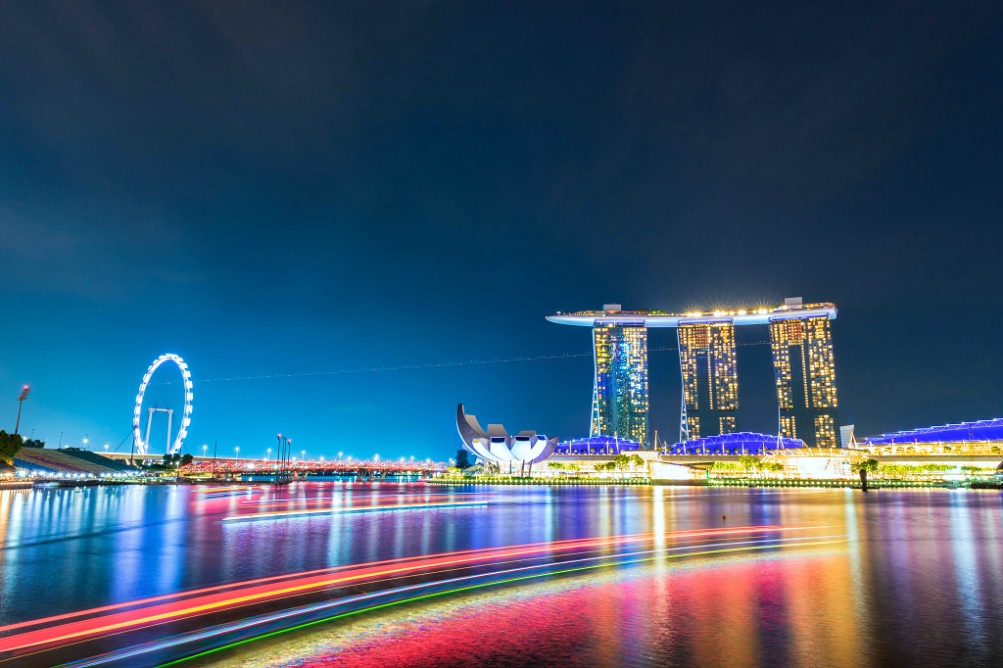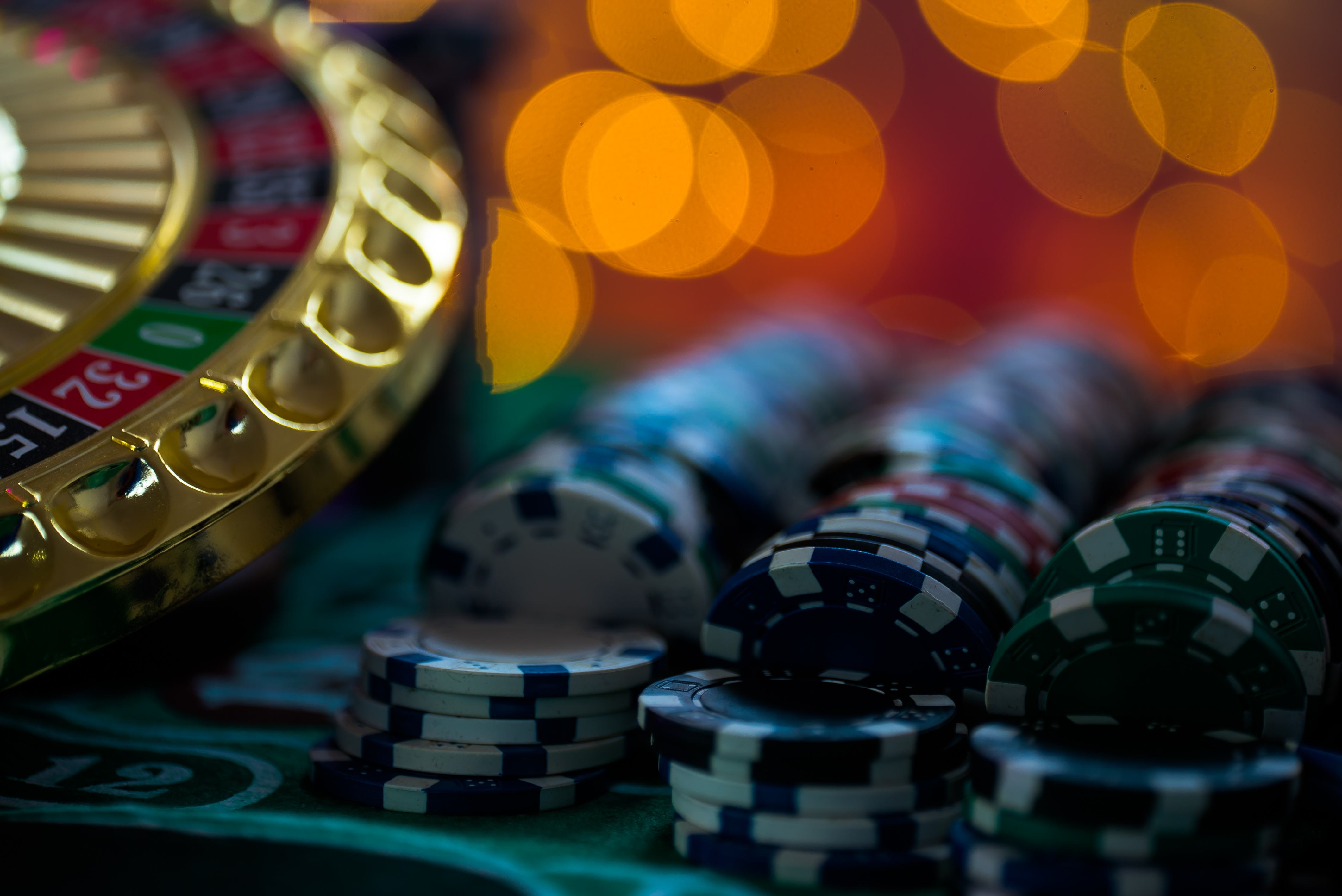António Lobo Vilela is a lawyer based in Macau
and the author of the Macau Gaming Law Book
Although not original, the idea of ‘incentivising’ Macau’s casino gaming concessionaires to attract international gamblers is interesting.
This idea was introduced in the 2022 amendments to Macau’s gaming laws, emphasising the need for concessionaires to broaden the base of foreign customers, understood as those who “enter the Macau SAR for tourism and commercial purposes and who hold a travel document issued by a country or region outside the People’s Republic of China.” The “descriptive memo” outlining the plans for the “expansion of foreign customer markets” has become a criterion in selecting and evaluating proposals for awarding concessions to operate casino games of chance. In addition, the “origin of international visitors” was deemed of public interest and listed in the Investment Plans attached to the concession contracts as the first of the nine areas to be covered by the investment projects. Furthermore, a clause on the “expansion of foreign customer markets” is now mandatory in concession contracts. The one included requires concessionaires to implement these plans per the content and criteria of the awarding proposals submitted.
Unlike the tax exemption on the profits from operating casino games of chance (and their distribution to shareholders), which was granted by the Chief Executive without any (known) consideration to support the “expansion of foreign customer markets,” concessionaires can benefit from a reduction or exemption of up to 5 per cent of gross gaming revenues (which corresponded to USD 1.14 billion in 2023).
The implementation of plans for the “expansion of foreign customer markets” began on January 1, 2023, but has not been successful thus far. Official figures show that in 2023, only 5.17 per cent of total arrivals (approximately 1.46 million people) were foreign passport holders, representing 48 per cent of the number of foreign visitors that Macau had in 2019, before the pandemic.

Several reasons can be cited for this failure.
Firstly, the inertia of the concessionaires derived from the lack of need to expand their existing player base, especially when the number of gamblers from mainland China is on an upward curve. Secondly, the (natural) lack of ability of concessionaires to promote casino games of chance on a large scale, a role previously carried out by gaming promoters replaced by the so-called “money changers” who simply ‘make funds available’ to gamblers in Macau while snaking around casinos. Thirdly, after a cost-benefit analysis, some concessionaires may not see the justification in the “expansion of foreign customers markets,” even if they use the (generous) percentage of the investment obligation totalling MOP 142.65 billion for the ten years of the concessions (the execution of which is not yet known) earmarked for ‘operating expenses.’
The adoption of the same idea had a different fate in Singapore. When the city-state decided to legalise gambling, it did so with the main political objective of establishing itself as a true tourist destination. It used the excess Return on Invested Capital (ROIC) and the profits generated by a quasi-monopolistic casino industry as a driving force to reinforce its status as a tourist destination for visitors from afar, rather than as a destination for overnight stays or a casino market for locals.
Creating barriers to market entry, especially in the case of monopolies or quasi-monopolies, allows a jurisdiction to charge a higher economic rent. Singapore, however, has opted for a different approach, preferring the long-term economic benefits of attracting tourists from far and wide. Despite only allowing two licences to operate casino gaming, Singapore’s current tiered gaming tax rate structure is 8 or 12% for VIP gaming and 18 or 22% for non-VIP gaming. This differentiation aims to incentivise Singaporean casino operators to focus on attracting VIP gamblers while also creating a competitive advantage for their casinos over other jurisdictions, particularly Macau, where the overall tax rate on gaming is five times higher than the lowest rate applied in Singapore.

To this extent, it is not surprising that, for example, Venetian, which also operates in Singapore, is not primarily motivated to implement any plan to attract international gamblers to Macau in exchange for a tax reduction or exemption of up to 5 per cent of the 40 per cent overall tax rate on gaming, when in Singapore it only pays 8 or 12 per cent. The same applies to Melco about the jurisdictions where it operates and where the gaming tax is significantly lower. The same is true for MGM and Wynn, which also operate in Nevada, where the tax rate is 6.75 per cent.
All that remains for Macau is to eventually shuffle the cards and use pragmatism to recognise that the bet was international, but the result is regional.
On the other hand, international gamblers generally have a less gambling-centred attitude than gamblers from mainland China. They are also less likely to participate in excursions and let people decide when and where to gamble. This means that a concessionaire may incur costs to bring players to Macau who end up (also) playing in competing casinos, perhaps looking for the hustle and bustle that can’t be found in the isolated foreigner-only gaming rooms.
In addition, the introduction of chips and gaming tables with radio frequency identification (RFID) functionality may, for privacy reasons, not be conducive to attracting international gamblers, who prefer to remain anonymous during their forays into casinos.
Finally, emerging new gaming jurisdictions in Southeast Asia, notably Thailand, could be another factor in international gamblers’ deviation.
All that remains for Macau is to eventually shuffle the cards and use pragmatism to recognise that the bet was international, but the result is regional.
Moreover, the bet was not just lost on the “expansion of foreign customer markets.” The same can be said for Air Macau, Macau Airport, the University of Macau, Macau Union Hospital, Macau Jockey Club, taxis, Uber, outdoor seating areas, ‘modern finance’… and, most recently, the Macau Grand Prix Formula 3, replaced by a simple ‘Macau Prix’ Formula Regional.

